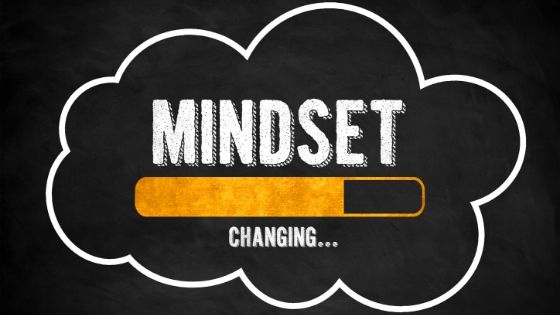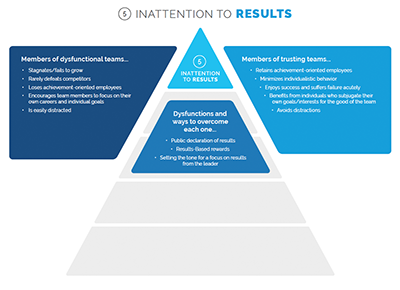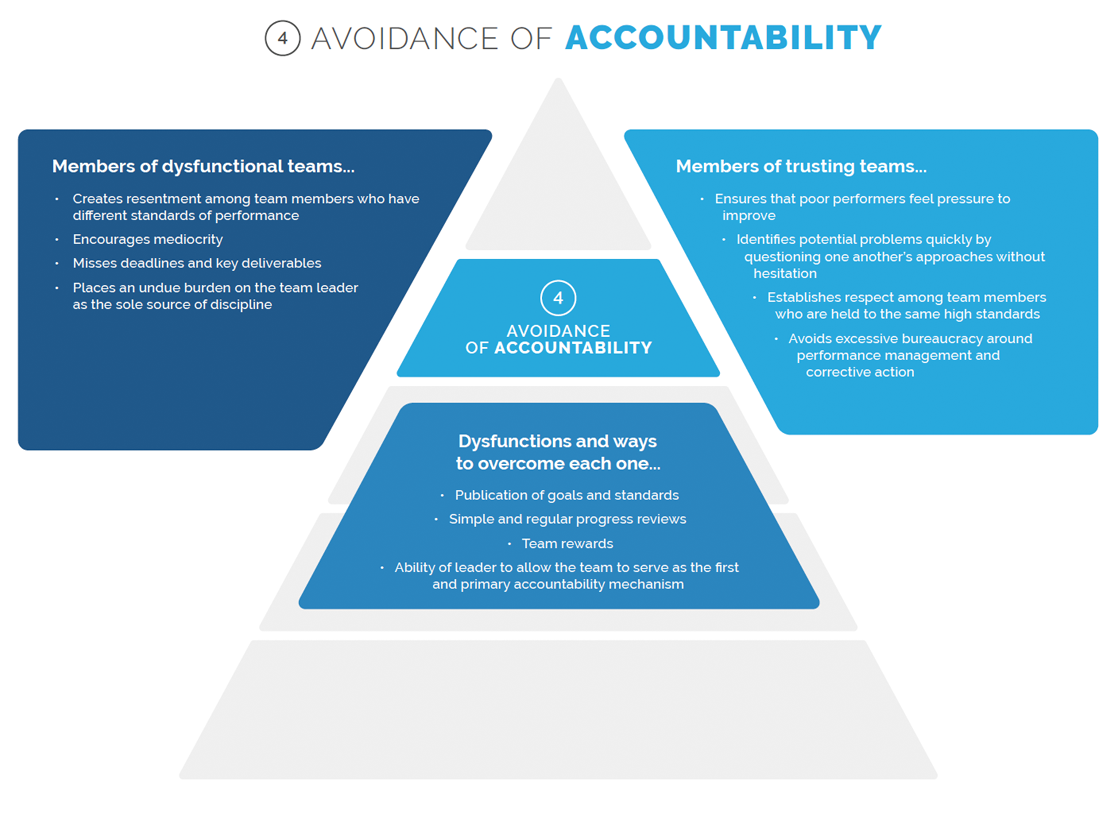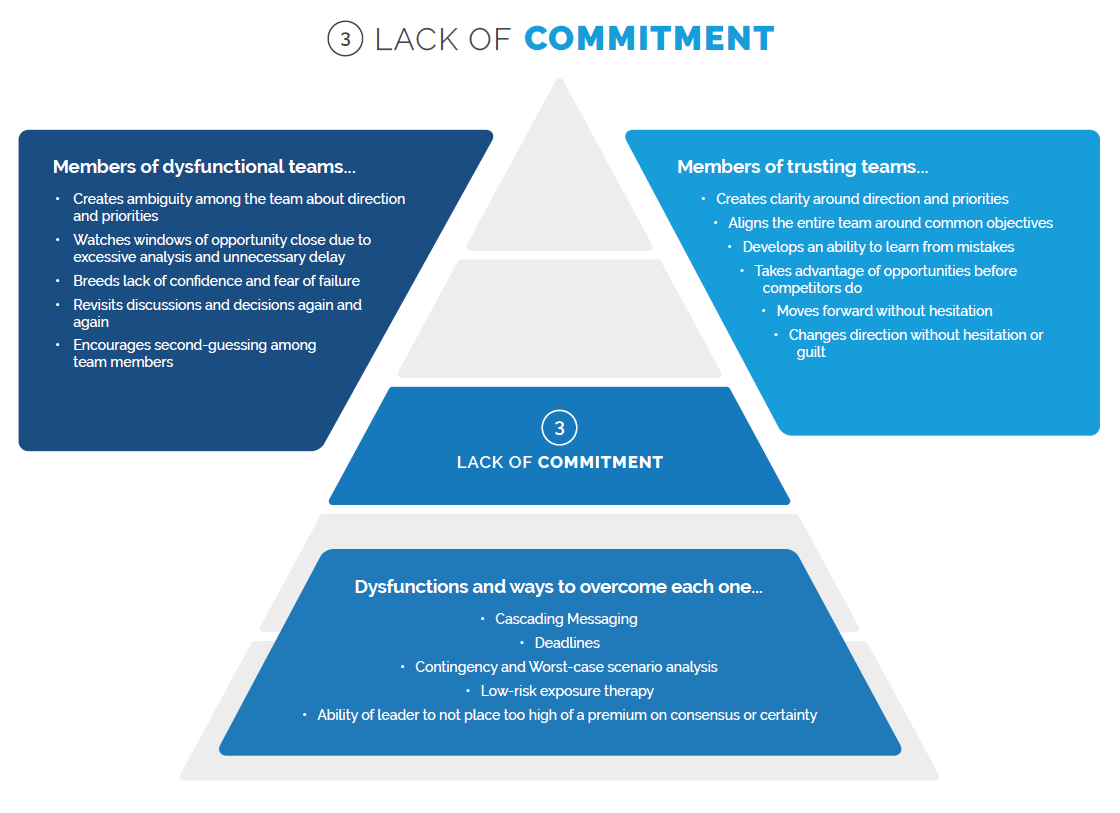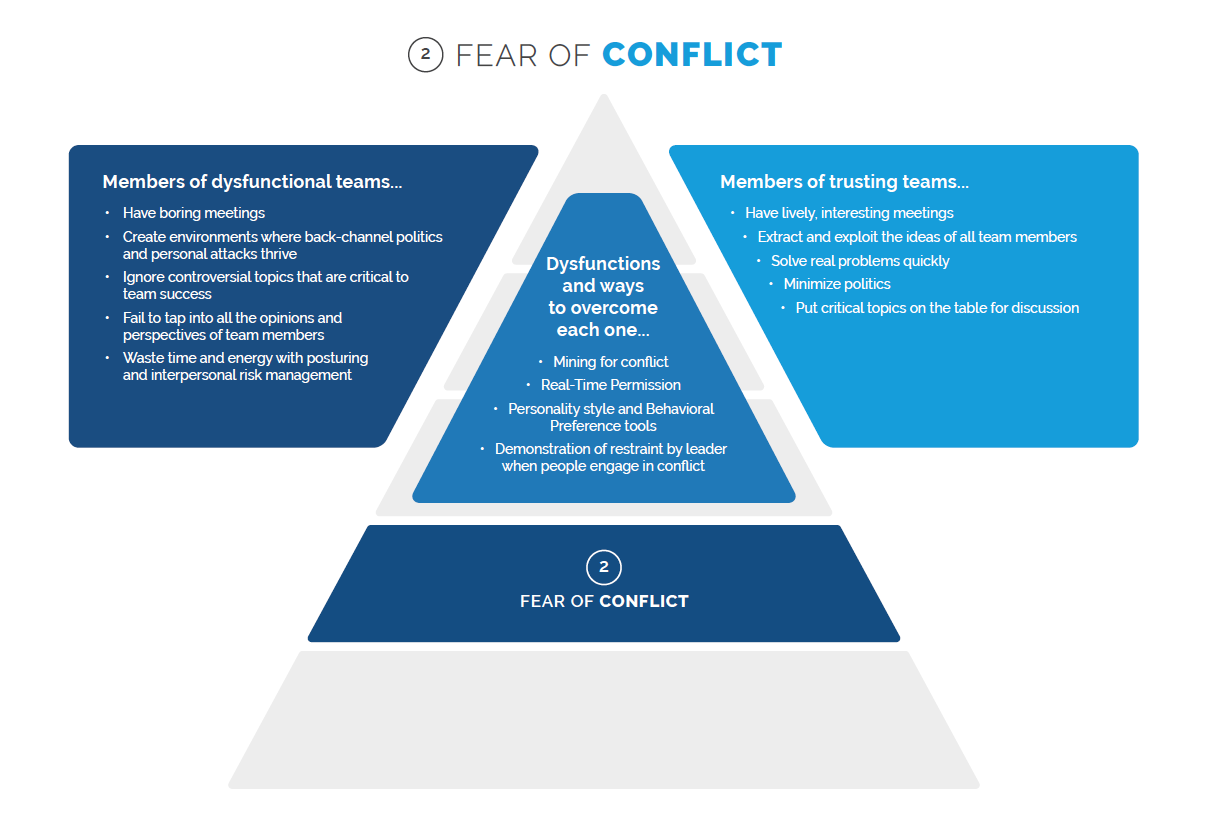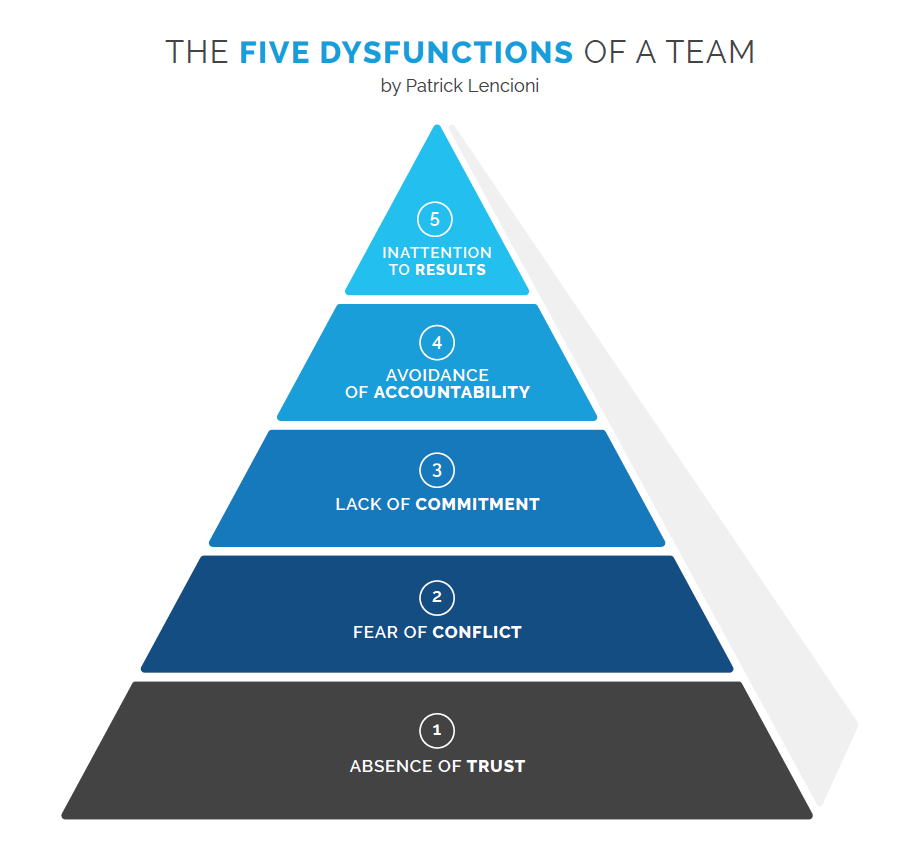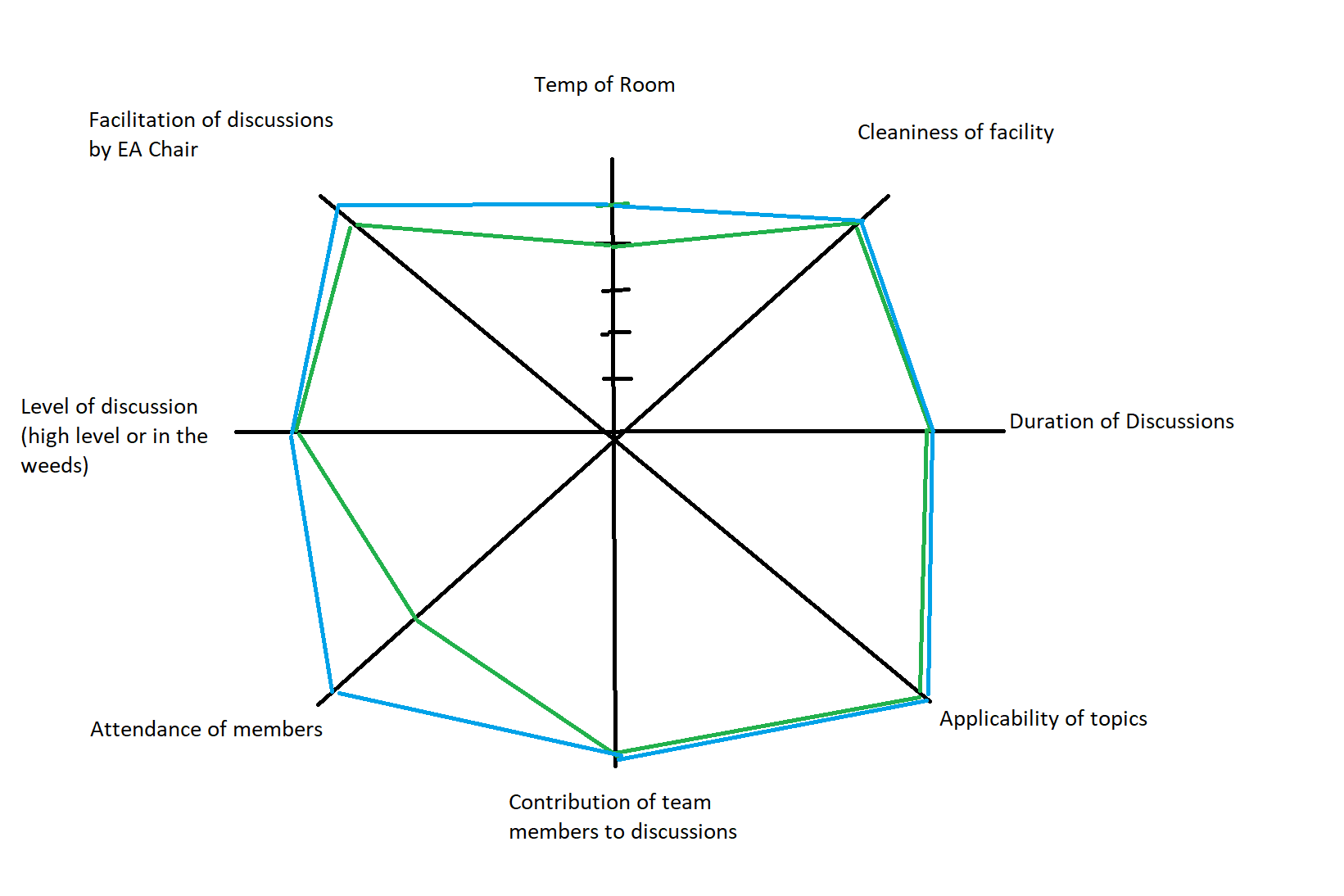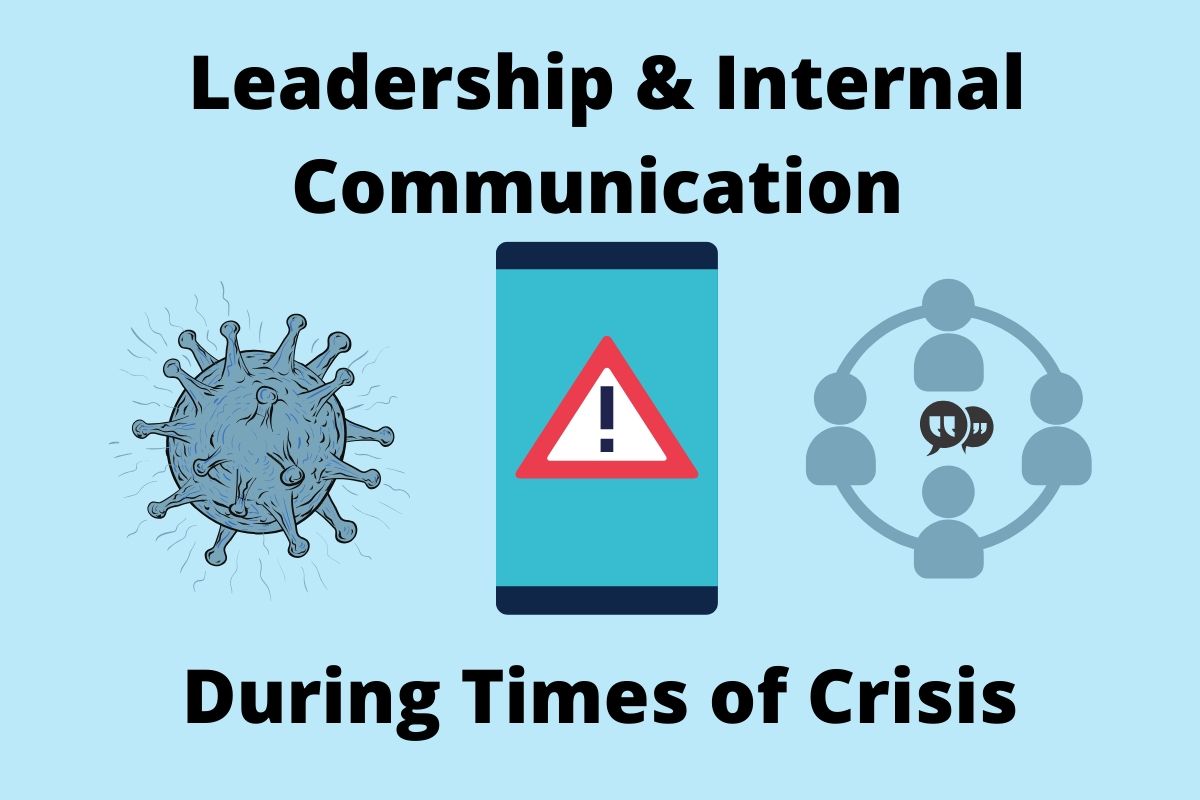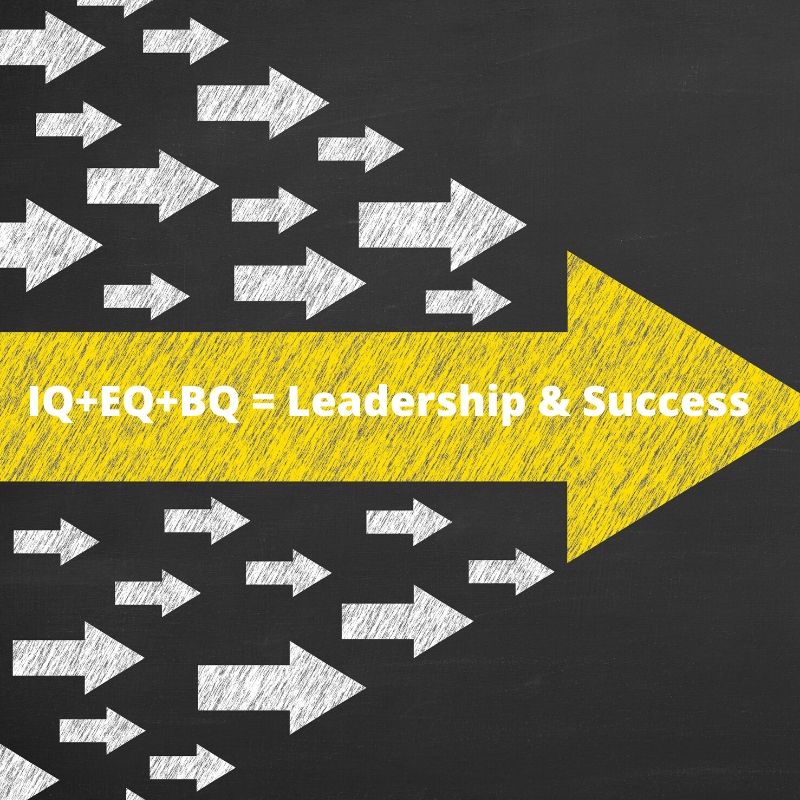Great leadership skills help direct teams to success. Read more about our insights and how we've helped other executives like you succeed.
Jan 16, 2026, 7:09 AM
by
Early in a career, leaders often have peers to compare notes with. Decisions are discussed. Ideas are debated. Feedback comes naturally.
Nov 19, 2025, 6:53 AM
by
Practical strategies for handling poor work ethic, bad attitudes, and accountability issues on your team.
Oct 22, 2025, 1:30 PM
by
Discover how organizations see measurable ROI when VPs and Directors participate in executive mentorship and peer groups.
Sep 25, 2025, 1:30 PM
by
Discover seven transformative lessons from top-tier executive mentors that can change the way you lead and manage your business.
Aug 27, 2025, 12:30 PM
by
Discover the leadership skills every VP and Director must master to thrive in the age of AI, remote teams, and talent retention challenges.
Jul 22, 2025, 12:30 PM
by
Facing inflation, interest rate hikes, and global instability? Discover how executive mentorship helps business leaders turn uncertainty into strategic momentum and why leaders in Wisconsin turn to Executive Agenda.
Jul 1, 2025, 12:30 PM
by
The real cost of leadership mentorship isn’t just financial, it’s about growth, retention, and performance. Explore why investing in your leaders and employees pays off.
May 28, 2025, 10:30 AM
by
Discover how Habit 6, "Synergize" helps leaders achieve innovative, collaborative solutions by embracing diverse perspectives.
May 2, 2025, 12:15 PM
by
Discover how Habit 6, "Synergize" helps leaders achieve innovative, collaborative solutions by embracing diverse perspectives.
Mar 25, 2025, 12:15 PM
by
Discover how Habit 5, "Seek First to Understand, Then to Be Understood" improves leadership communication and empathy.
Mar 6, 2025, 12:15 PM
by
Discover how Habit 4, "Think Win-Win" helps leaders develop mutually beneficial solutions and foster collaboration.
Jan 31, 2025, 4:15 PM
by
Discover how Habit 3, "Put First Things First" helps leaders to prioritize their most important tasks over the seemingly urgent ones.
Dec 20, 2024, 10:15 AM
by
Explore insights and the future outlook of EA, highlighting remarkable milestones, sponsorships, unforgettable events, and strategic developments for the next era.
Dec 9, 2024, 8:35 AM
by
Learn how Habit 2, "Begin with the End in Mind" from The 7 Habits of Highly Effective People by Stephen Covey, helps define where you want to go before taking steps to get there.
Dec 6, 2024, 1:33 PM
by
Learn how Habit 1, "Be Proactive," from The 7 Habits of Highly Effective People by Stephen Covey, helps leaders take responsibility for their choices and actions.
Sep 23, 2024, 1:29 PM
by
In today’s fast-paced, tech-driven world, leadership is no longer just about guiding teams – it’s about navigating complex digital landscapes that are continuously evolving. As September ushers in new opportunities, it’s crucial for leaders at the Director level and above to understand how to adapt their strategies and skill sets for the digital age.
Aug 22, 2024, 5:03 PM
by
Strategic planning is the cornerstone of executive success, providing a compass for organizations to navigate through uncertainty and achieve their long-term goals.
Jul 26, 2024, 3:49 PM
by
Join us on a journey to understand the profound impact emotional intelligence has on leadership, the strategies for developing these critical skills, and how it shapes team dynamics and performance.
Jun 20, 2024, 12:54 PM
by
Join us as we explore the importance of mentorship in leadership, strategies for establishing mentorship programs, and the transformative impact of sharing success stories within the organization.
May 21, 2024, 5:17 PM
by
Join us as we explore strategies for adapting to change as a leader, communicating change effectively to Group Chairs, and navigating challenges and opportunities that arise during periods of transformation.
Apr 23, 2024, 9:59 AM
by
Join us as we explore the importance of continuous learning, strategies for implementing effective training programs, and ways to encourage a learning mindset among team members.
Mar 6, 2024, 4:23 PM
by
Join us as we explore strategies for integrating personal and professional goals, time management tips for leaders and the importance of continuous self-improvement.
Jan 3, 2024, 1:26 PM
by
Why leadership in 2024 is of paramount importance, drawing inspiration from lessons of the past, and chart a course for leadership in the future.
Oct 19, 2023, 9:04 AM
by
Are you more Spock or Kirk?
Measuring your leadership flexibility and adaptability is an essential first step in dealing effectively with today’s business world. This article from EA Group Chair Nancy Kane examines the importance of adaptability in the workplace and why effective leaders are comfortable experimenting with new ideas, possess crystal clear core values and have characteristics of both Capt. Kirk and Dr. Spock.
Jun 1, 2023, 10:00 AM
by
What are the fundamental qualities that will inspire employees to accomplish organizational goals and achieve growth?
Mar 1, 2023, 11:15 AM
by
The intriguing psychology behind disagreeing productively and how collaboration with thoughtful discussion are key to resolving professional conflicts.
Nov 18, 2021, 2:44 PM
by
At the pinnacle of Patrick Lencioni’s Five Dysfunctions of a Team pyramid is level 5: inattention to results. To get to the top of the dysfunctions pyramid, an organization must: Suffer from an absence of trust, Operate in an environment that is afraid of conflict, Be unwilling to commit to common goals and Refuse to be held accountable for their actions and lack of achievement
Oct 11, 2021, 2:44 PM
by
The ability to set and meet goals is often used as a way to measure success for companies and individual employees. In an ideal world, goals are set and then achieved – on time and within budget. Unfortunately, in the real world, dysfunctional teams often avoid being held accountable for their goals. A lack of accountability creates resentment among team members, encourages mediocrity, and places a burden on leaders who must discipline employees who miss deadlines and deliver subpar work.
May 17, 2021, 2:44 PM
by
When a business team misses deadlines, fears failure, and seems to suffer from a lack of direction, it might be due to Patrick Lencioni’s third dysfunction of a team, Lack of Commitment.
May 7, 2021, 11:56 AM
by
Debbie Rudan and Bob Puissant, two of Executive Agenda’s Executive Mentors, again joined to explain the best way to prepare for an interview, questions you should be prepared to answer and how to make a great impression. You can read their advice in this blog post today.
May 4, 2021, 8:40 AM
by
By definition, a team is a “group of people who come together to achieve a common goal.” The idea of coming together inspires thoughts of people working side by side, smiling and laughing, engaged in harmonious work. At first glance, it might seem that conflict has no place in a successful team environment, but that’s simply not true.
Apr 27, 2021, 7:33 PM
by
In his book, The Five Dysfunctions of a Team, Patrick Lencioni examines why effective teams are so rare and provides specific recommendations for eliminating barriers that lead to dysfunctional teams. Lencioni's work outlines the causes of team dysfunctionality and what can be done to overcome each one.
Feb 4, 2021, 2:34 PM
by
No matter what industry you are in, the events of 2020 impacted your business and your workforce. 2020 unlocked changes many companies had been considering for a long time, forced rapid business transformation, and challenged cultural norms that once seemed unshakable.
Aug 4, 2020, 12:21 PM
by
Seasoned executives always seem to have a toolbox loaded with checklists, guidebooks, templates and other helpful articles at their fingertips. At any given moment, they can choose the tool they need to foster authentic discussion, solve a company problem or manage the group dynamic. Using tools gives a group a common language and framework, while allowing creative thinking. Keep reading to learn more about a few favorite tools in EA Executive Mentor Susan Ellmaurer’s manager toolkit.
Jun 15, 2020, 12:32 PM
by
Executive Agenda Group Chair Gene Wright reflects on his servant leadership journey and how the concept is embedded into the EA process.
May 26, 2020, 10:51 AM
by
Having a strong internal communications plan isn’t trendy, it’s a solid law of leadership, just ask Group Chair/Executive Mentor Nancy Kane who jumped online recently to discuss the importance of leadership language when times are tough.
Sep 9, 2019, 11:48 AM
by
Part of our mission at Executive Agenda is to develop leaders who believe companies are better served if they consider all stakeholders in business decisions. This blog post by EA Group Chair Marianne Dickson looks at servant leadership and explains why true leaders understand they are not the most important person in the room.


















